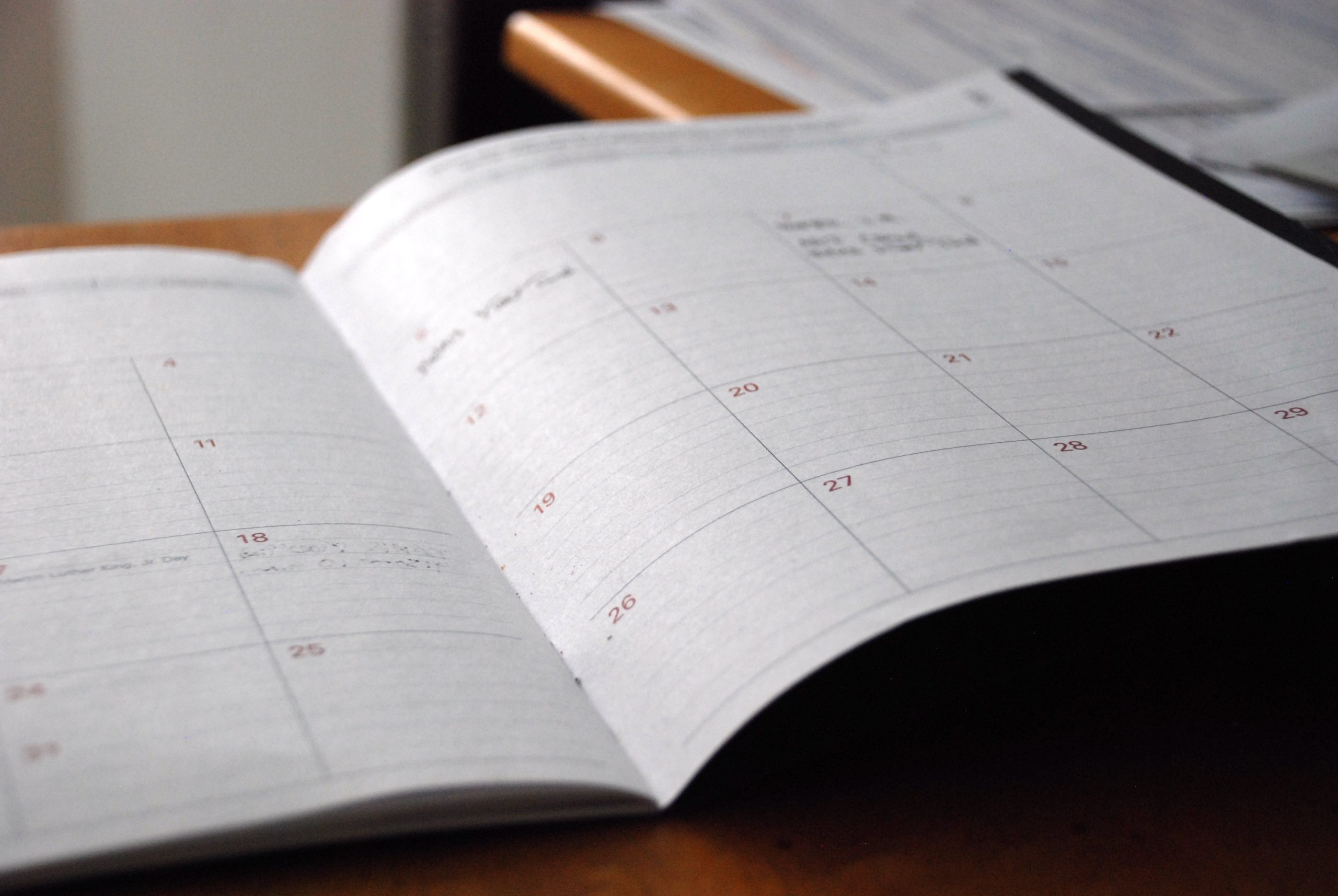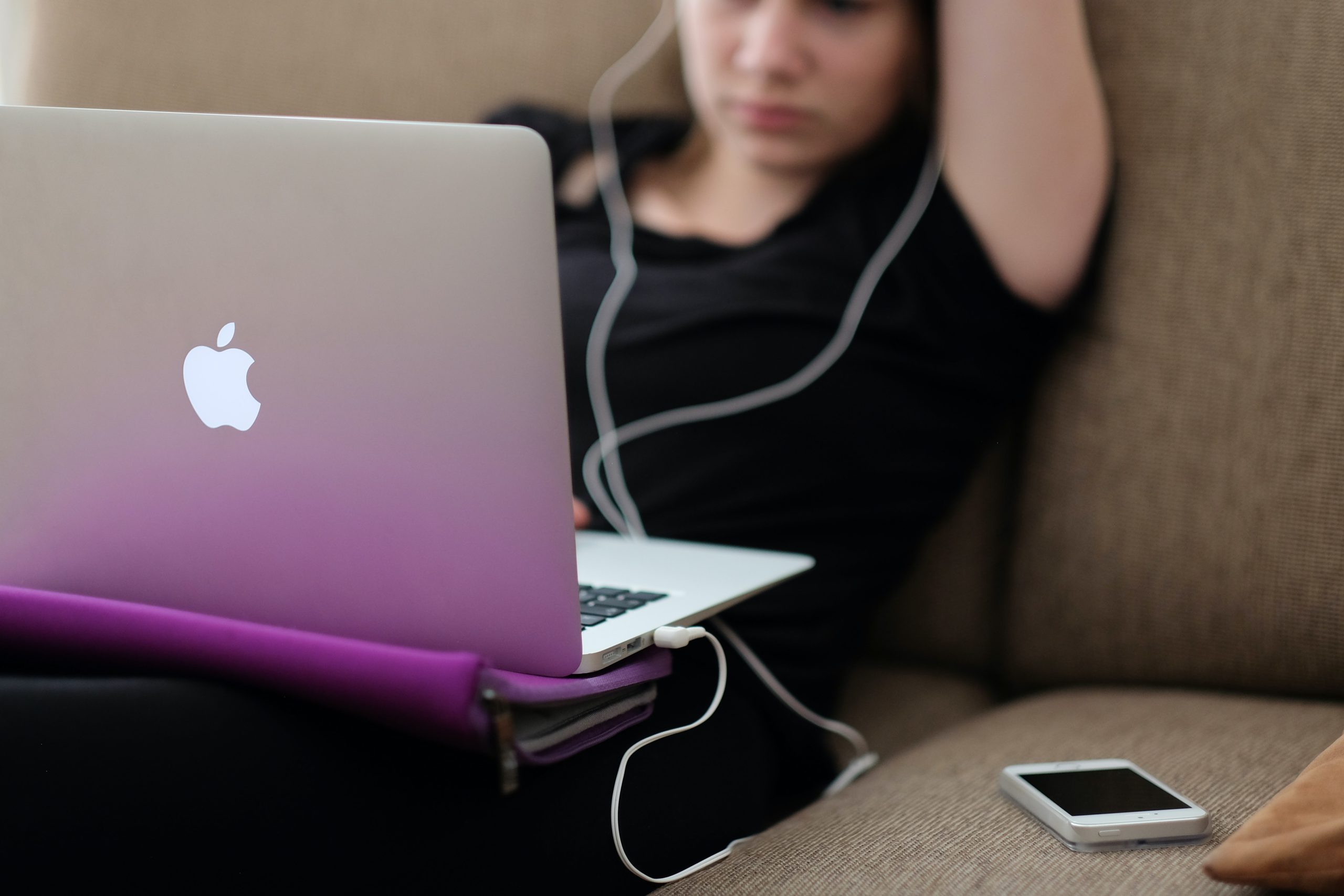 Featured
Featured
How to Help Teens Shelter in Place
Teens are not made for isolation. Here’s how to help your teenager see the bigger picture during COVID-19.
Parents everywhere are struggling to get their teenagers and college students to “shelter-in-place.” Teens are not made for isolation, which makes COVID-19 especially hard on them—and it makes them difficult to control.
One of my friends is coming unglued. “My kids keep skating around rules and being with friends every time I close my office door to work.” She has two college students home and a big corporate job she’s got to keep doing. She’s trying to care for elderly in-laws, and her daughter needs medication that she’s having trouble securing. “I feel like I should be able to control them. I’m trying. But my anxiety is so heavy. I’m emotionally exhausted.”
Social isolation is hard for humans of all ages. But because teenagers and young adults are more attuned to social status than the rest of us, it is even more profoundly distressing for them.
In addition, their hard-wired attunement to social status makes them super touchy about whether or not they are being treated like children. This means that they feel infantilized when ordered to shelter-in-place.
What can we do to encourage teens to comply with social-distancing measures?
We need to work with their existing motivations. Teens are unlikely to be persuaded by (brilliant! logical! passionate!) arguments that conflict with their innate, developmental motives.
Start with their motivation to get out from under our control
We can work with this existing motivation by treating them like competent young adults rather than little kids. For example, we can:
- Expect them to contribute to our household in meaningful ways. They can help with meal prep and household cleaning. Our kids assist with the cleaning by vacuuming and wiping down the counters. Keeping conflict low amid tight quarters is a meaningful contribution. Planning fun activities for the family to do together might be the most essential contribution of all!
- Allow them to manage themselves, their own schoolwork, and their other responsibilities without nagging or cajoling. This does not mean that we won’t be engaged with them. It does mean that we give them space to operate freely within the limits we agree to as a family.
- Ask them to help us with our work to the extent that they can. “My kids keep interrupting me on Zoom calls for stupid shit,” a friend texted me, frustrated to the brink. Even older teens (and spouses!) need us to be clear about how their constant interruptions affect us. Explain rather than accuse: “I feel embarrassed and stressed when I’m on a video call, and you keep poking your head in to ask questions,” rather than “It is inconsiderate and selfish of you to keep interrupting my meetings.”
- Use non-controlling, non-directive language. For example, ask questions instead of telling them what to do. My all-time favorite question is “What’s your plan?” As in: “What’s your plan for getting some exercise today?” This makes it clear that they are still in control of their own behavior, and it helps put them in touch with their own motivations and intentions.
- Acknowledge that all of this is so hard. Many students coming home from school are experiencing significant losses right now. Their feelings of grief, anxiety, stress, and isolation are hard to cope with. And also: One of the great lessons of adulthood is that they can do hard things.
Tap into their attunement to the social world
We can also tap into their high attunement to the social world by emphasizing how their lives have a purpose, meaning, and impact on other people. Here are some talking points:
- You are not a passive actor here, along for the ride. Your actions are directly affecting the course of this crisis. We are wondering: What do you genuinely care most about in this crisis?
- Who can you help, and who are you concerned that you might harm? How can you use your skills to help the world right now?
- Your grandchildren are going to ask you about the role you played during this pandemic. What will you tell them?
Above all, help them see that this situation is not about what they want or expect from life. It’s about what life is expecting from them right now. We expect them to rise to the occasion; to be a part of the solution, not a part of the problem.
There are incredible, urgent life lessons here. We are teaching our kids both directly and through our own example how to take responsibility—not just for ourselves and our immediate family, but for our local and global community, as well.
We are all being called to demonstrate our character and commitment to others and to the greater good. Our young people are being called, too. Let’s allow them to step up.

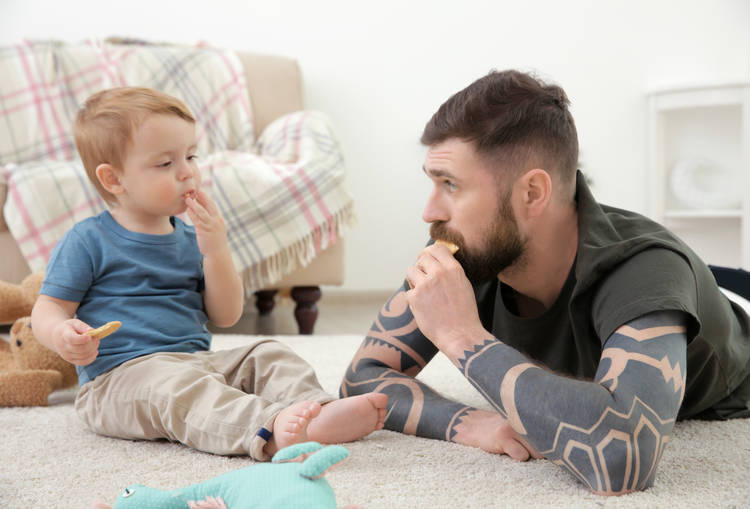
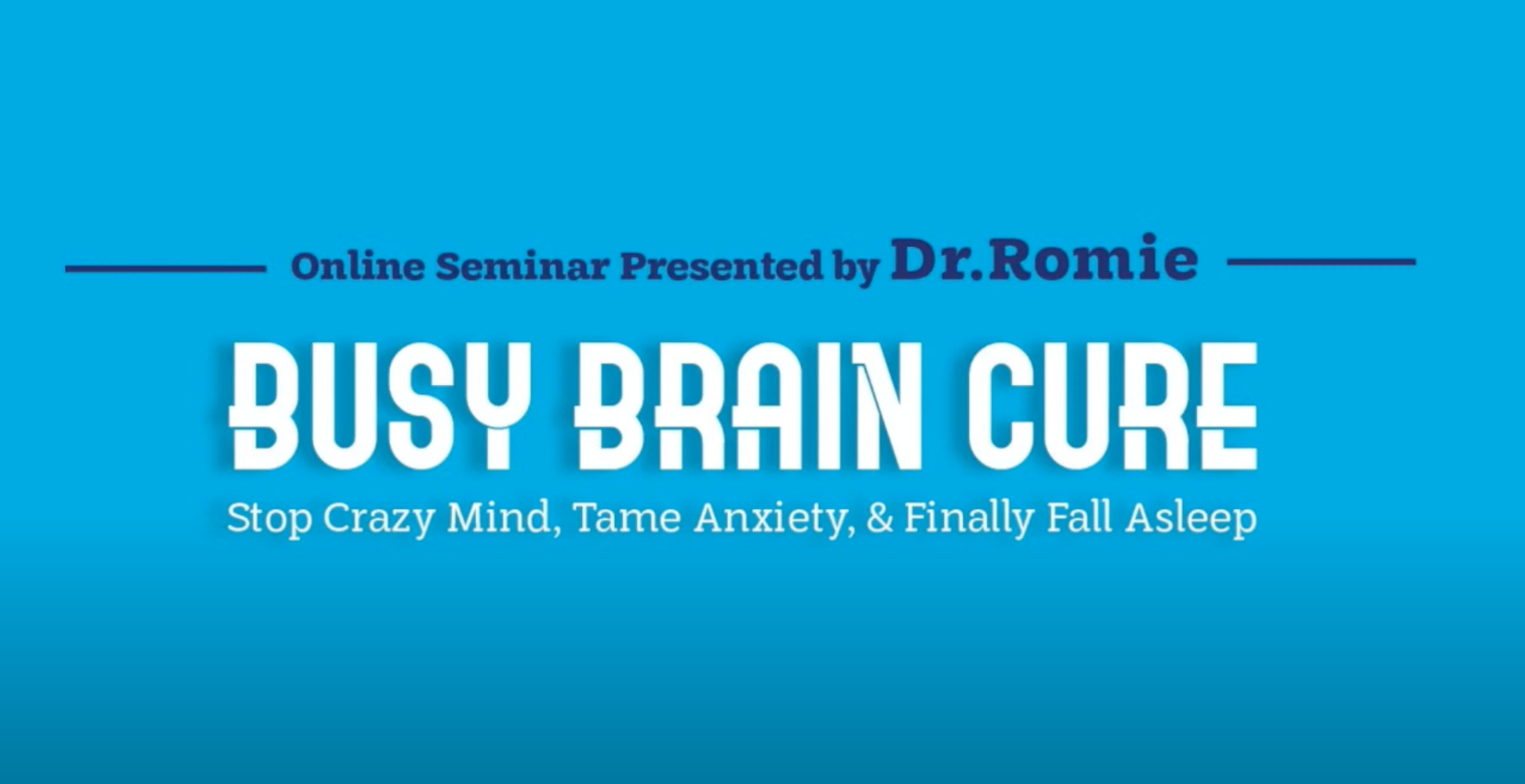
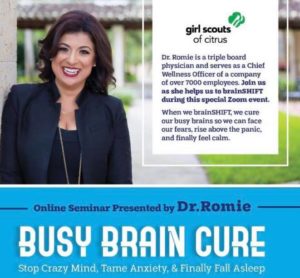 Busy Brain Cure: Stop Crazy Mind, Tame Anxiety & Finally Fall Asleep:
Busy Brain Cure: Stop Crazy Mind, Tame Anxiety & Finally Fall Asleep:



